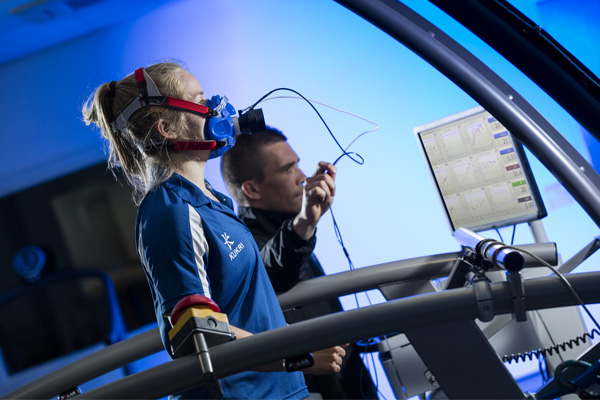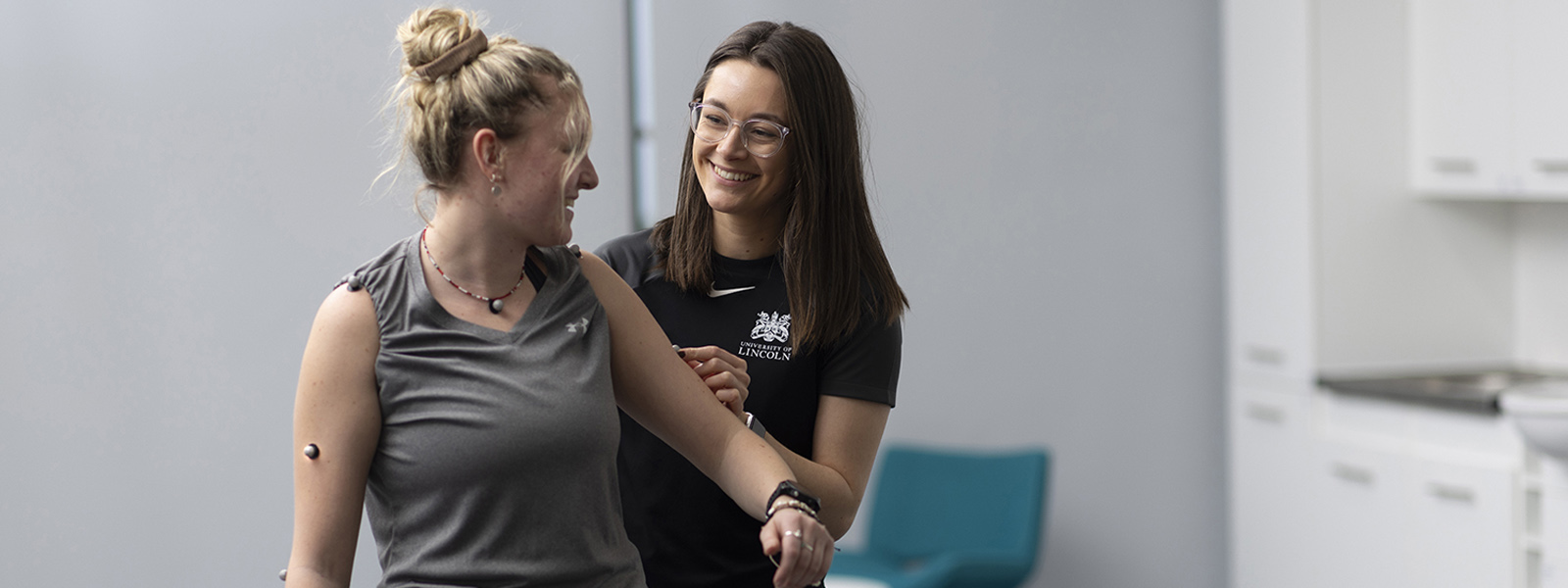Human Performance Centre
The motion capture hub is based in the University's Human Performance Centre, which features a range of specialist facilities and modern equipment for both staff and students to undertake a range of sport science assessments and practices during teaching, research, and consultancy.

/prod01/university-of-lincoln-cdn-pxl/media/responsive2017/research/newresearch/Bethany,Canty,1600X600.jpg )


